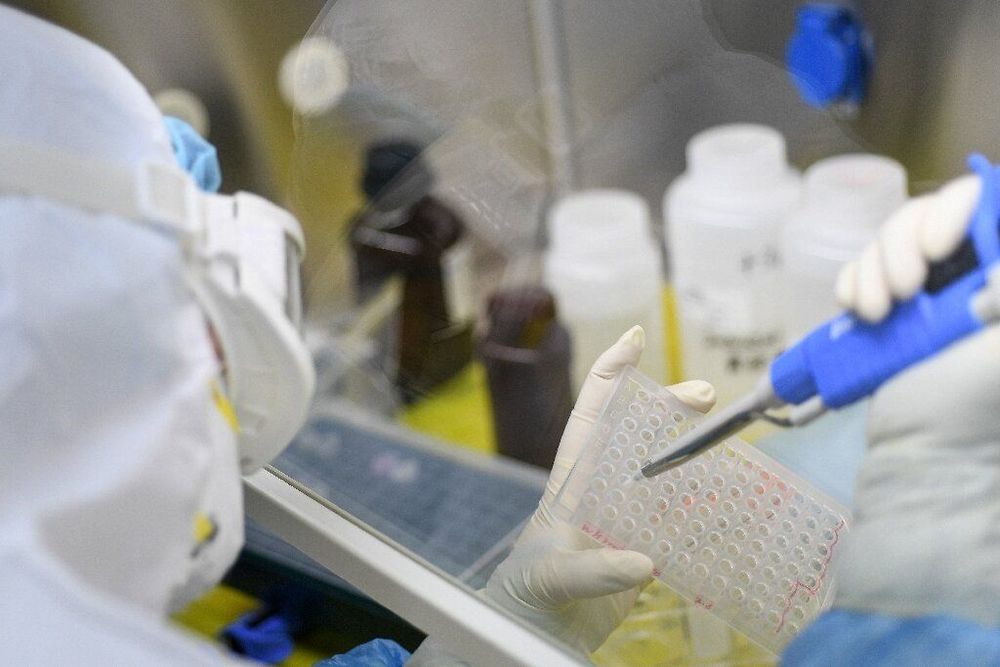WASHINGTON — The third satellite of the GPS 3 constellation arrived Feb. 5 at Cape Canaveral Space Force Station, Florida, where it will undergo final testing and checkout before its scheduled launch in April aboard a SpaceX Falcon 9 rocket.
The GPS 3 satellite was flown from Lockheed Martin’s assembly line in Colorado aboard a U.S. Air Force C-17 cargo aircraft.
In a news release on Friday, the U.S. Space Force Space and Missile Systems Center said the next steps are to prepare the GPS 3 SV-3 for propellant loading and fairing encapsulation before it’s horizontally integrated with a Falcon 9 launch vehicle.





